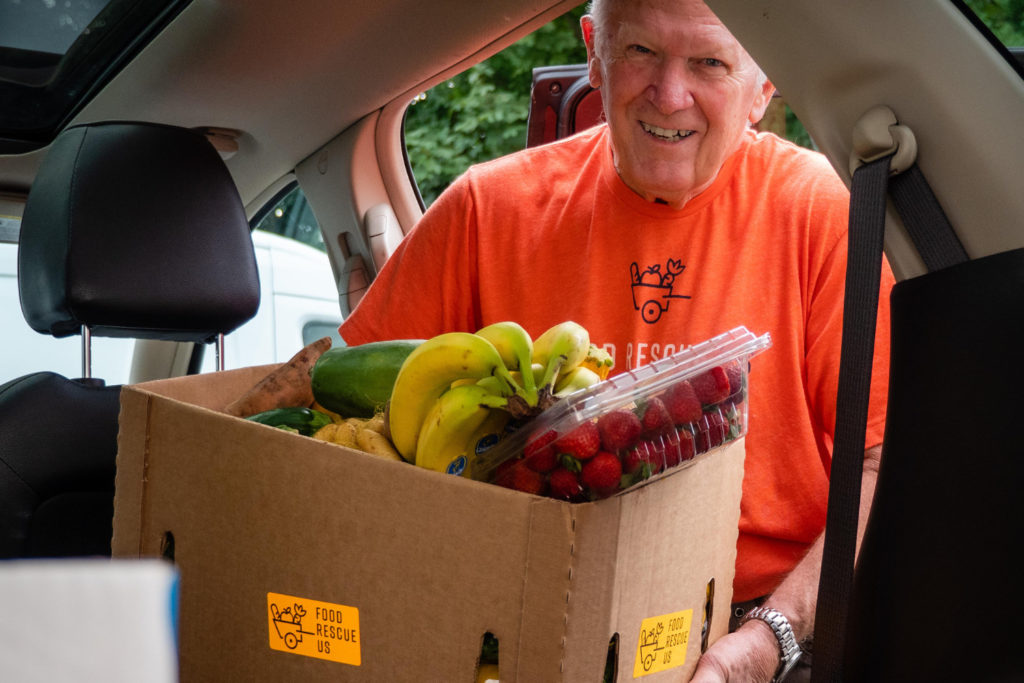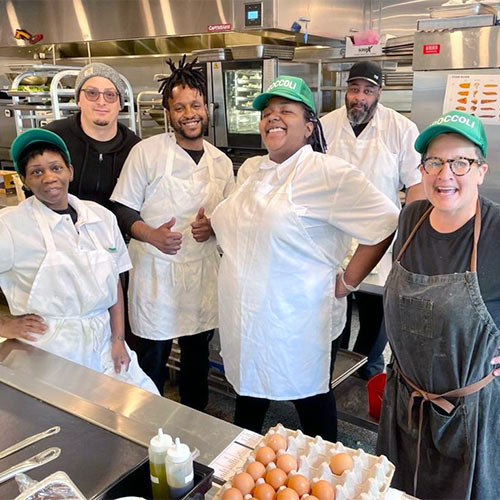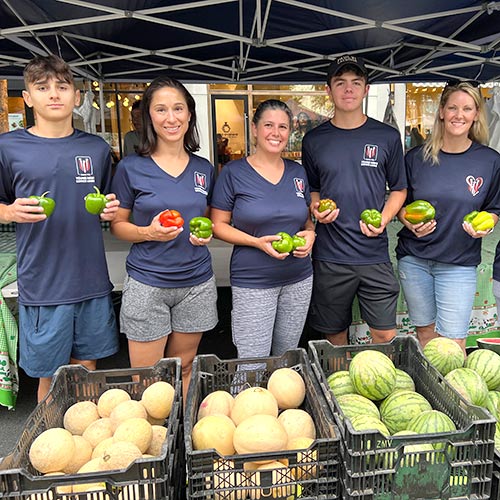Food as Medicine: Digestible Bites – January 2023
Good news: Every day there are more and more mentions of “food as medicine” in the news. The movement is really taking off! Bad news: there is so much information that trying to digest it all is difficult. But that’s what I’m here for. Each month I will highlight the best news and studies talking about our favorite subject.
General summary:
The time has come to change our thinking about food and understand it can be our medicine. We are what we eat. The problem is that many people do not have the access, money, or education to make good choices. But, as the movement gains momentum, so too does the amount of funding available, the education offered, and the resources made more accessible.
Detailed summary:
Nutritious food is a big factor in solving the world’s greatest health problems.
The World Economic Forum published the article “Why nutritious food could be the answer to some of the world’s greatest health problems.” The main points are:
- It’s time to change the way we think about health and we need to start with food.
- Malnutrition is the leading cause of death and disability worldwide.
- We must be bold and push the boundaries of the role nutritious food can play in health and we must embrace the power of technology to help scale these solutions globally.
The most shocking fact:
- Poor diets are responsible for around 11 million deaths annually. That’s more than tobacco, high blood pressure or any other health risk. We’re in the midst of a global epidemic of diet-related chronic diseases.
We lecture people on eating healthy but most don’t have access to fresh food.
The food guru, Mark Bittman, published an excellent essay in the London’s Guardian newspaper rightly highlighting the fact that, “For decades public health authorities have encouraged us to choose healthier foods – yet most choices available to Americans are bad ones…60% of the calories in the food supply are in the form of ultra-processed foods (UPFs, or junk food), which are the primary cause of diet-related diseases. That means almost no one can make a “good” choice every time, and many of us can barely make good choices ever.”
More processed food is cheaper than less processed food.
Similarly, recent research from Northeastern University’s Network Science Institute indicates a slightly higher number than Bittman reported, stating that 73% of the U.S. food supply is ultra-processed. The study also found that 52% of ultra-processed food is less expensive than non-processed foods. So, the majority of food on offer is ultra-processed and less expensive than whole foods.
New York City will educate physicians on nutrition.
New York Mayor Eric Adams revealed that “A plant-based diet restored my eyesight, put my Type 2 diabetes into remission, and helped save my life.” The Mayor and the American College of Lifestyle Medicine announced a new partnership — as a result of a massive $44 million investment by ACLM — to provide every New York City health care practitioner with free introductory training in nutrition and lifestyle medicine, enabling practitioners to integrate evidence-based content into their clinical practice to treat certain health conditions.
Amazing fact revealed:
- Only about 14% of physicians reported that they had the foundational training to counsel their patients on nutrition, one of the most significant components of lifestyle medicine. This is a structural issue, as only approximately 27% of medical schools in the United States offer the requisite 25 hours of nutrition education in their programs.
The program will offer three courses in the online training package included a one-hour “Introduction to Lifestyle Medicine” course, a three-hour “Food as Medicine: Nutrition for Prevention and Longevity” course, and a 1.5-hour “Food as Medicine: Nutrition for Treatment and Risk Reduction” course.
New virtual center promotes collaboration and sharing of nutrition information.
On December 5, 2022, USDA announced the opening of the Agricultural Science Center of Excellence for Nutrition and Diet (ASCEND) for Better Health, a virtual center that brings together scientists, partner organizations, and communities to deliver science-based solutions that promote and elevate food and nutrition security for all Americans.
Rockefeller Foundation invests $4.6 million in food as medicine.
The Rockefeller Foundation has committed $4.6 million in grants for equitable and community-directed approaches to prevent, manage, and treat diet-related illnesses in the United States. The funding will support grantees advancing Food is Medicine interventions focused on building partnerships with key stakeholders and bridging the gaps between food and health care. The goal of this investment is to help the millions of patients facing food insecurity or diet-related diseases gain more equitable access to foods that promote better health outcomes and reduce health costs.
- 34M Americans face food insecurity, disproportionately affecting BIPOC and low-income neighborhoods.
- $604B in healthcare costs are directly attributable to diet-related diseases.
Doctors normally prescribe medicine and now some are prescribing meals. NPR produced a great introductory story about food as medicine. It’s a quick and informative four-minute listen.
Thanks,
Food Rescue US – Fairfield County Food as Medicine Liaison
If you enjoyed this post, you might also enjoy this article




